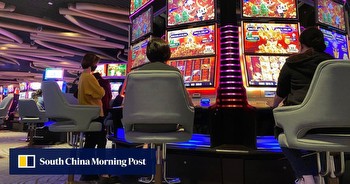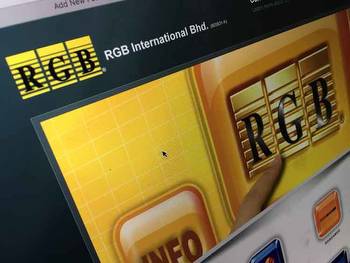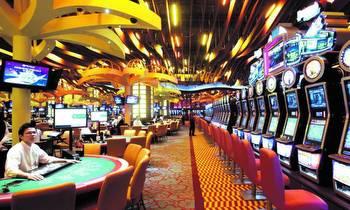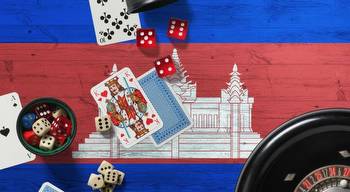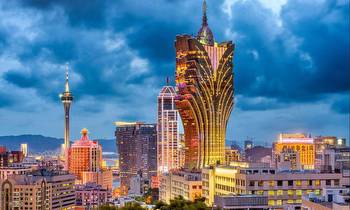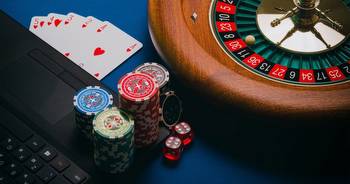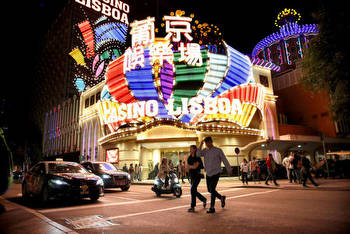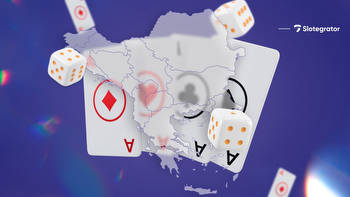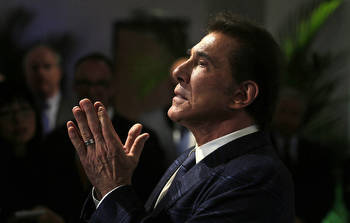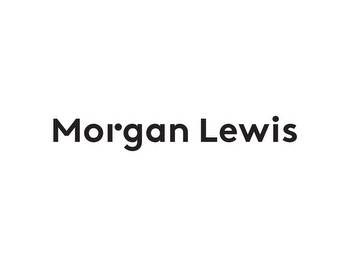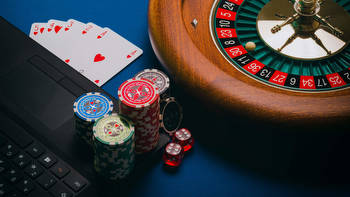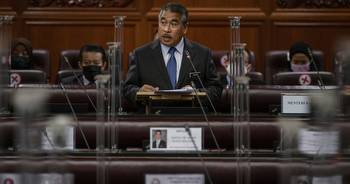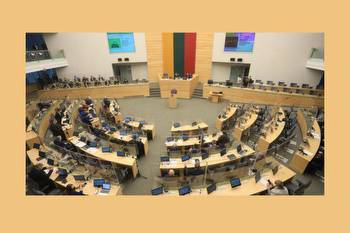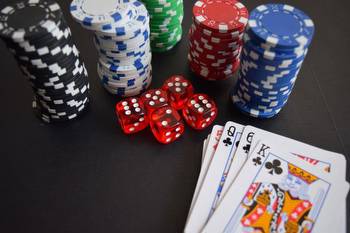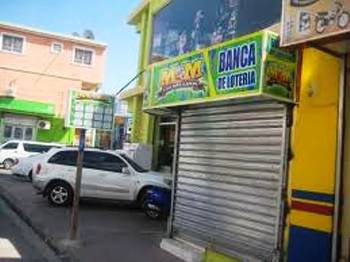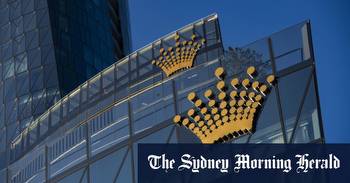Malaysia turns up the heat on slot machine operators, with senior executives questioned in anti-graft probe
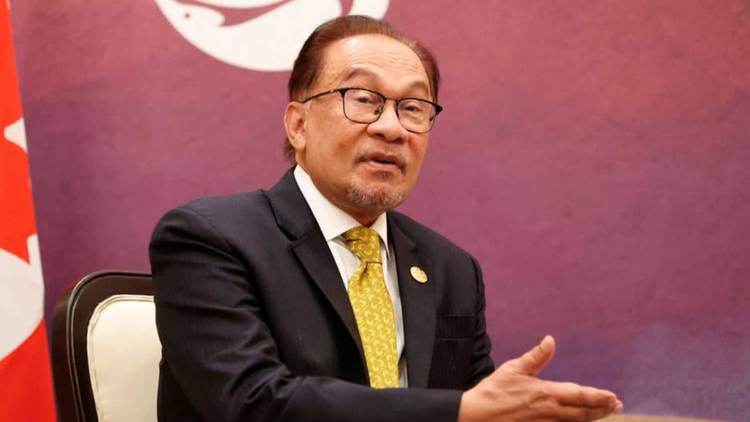
Industry executives estimate close to roughly 300 legal slot machine establishments nationwide with each premise operating at least 15 machines, which are controlled by privately held companies.
KUALA LUMPUR: Malaysia’s slot machine enterprises, a hugely lucrative and little-supervised segment of the thriving national gaming business, are coming under the unwelcomed spotlight of Prime Minister Anwar Ibrahim’s administration.
In recent weeks, the Malaysian Anti-Corruption Commission (MACC) has summoned senior executives of slot machine establishments and frozen over 30 million ringgit (US$6.4 million) in assets in a widening probe over alleged money laundering and illegal political funding, senior government officials close to the crackdown told CNA.
The government officials noted that 13 individuals have been called up for questioning by the MACC since early September. So far, there have been no arrests or charges slapped on industry players.
Separately, the Finance Ministry, which supervises the gaming sector and is the sole issuer of licences, has begun a review of the operations of slot machines and is considering tighter controls for the sector that has long been plagued by the under declaration of takings and the use of unlicensed machines at betting establishments, the government officials said.
“There is a debate in the Finance Ministry over the contributions of the slot machine business to the economy and the government’s strong stand to curb gambling,” said a senior official from Malaysia Home Ministry who has been briefed about the ongoing MACC crackdown. Mr Anwar is concurrently the Finance Minister.
Official government estimates put tax collection from gaming activities at over 4.5 billion ringgit ($1.3 billion) annually, with a bulk of it coming from one casino operation controlled by the Genting Group, that also runs an integrated resort operation in Singapore.
A large chunk also comes from the six official lottery operations, including the likes of Magnum and Sports Toto, which are owned by publicly listed entities.
A SECRETIVE SLICE
Slot machine operations occupy a secretive slice of this thriving gambling scene.
Industry executives estimate that there are close to roughly 300 legal slot machine establishments nationwide with each premise operating at least 15 machines. All these operations are controlled by privately held companies.
The main industry players are GPL Sdn Bhd, which is controlled by businessman David Cheng, who enjoyed close ties with now jailed former premier Najib Razak, and the Waz Lian Group, which is majority-owned by low-key businessman Ta Kin Yan.
Palmgold Corporation, which is controlled by businessman Danny Tan Chee Sing, who is the younger brother of tycoon Vincent Tan Chee Yioun of the Berjaya conglomerate, is ranked as the third-largest operator.
Government officials noted executives from the top three slot machine operators were called in for questioning by the MACC, which also summoned company executives from gaming equipment distributor RGB International Bhd.
The ongoing probe is tied to claims by Mr Anwar that several of the slot machine operators had made financial contributions to political parties in the Perikatan Nasional coalition government headed by former premier Muhyiddin Yassin.
Muhyiddin has denied the allegations, but industry sources noted that the investigators from the MACC are pursuing leads related to links between the award of new slot machine licences and political contributions.
The ongoing MACC investigation is not the only set of problems facing slot machine operators. Officials from the MACC did not respond to queries.
Government officials noted that Mr Anwar is particularly concerned over the rapid expansion of slot machine operations in the country and the widely speculated ties to money laundering activities and also corruption in enforcement agencies, particularly the police.
Traditionally, slot machines licences were awarded by the Finance Ministry’s Betting Controls Division to golf and sport clubs to supplement their income and the facilities were only available to members.
Licences for slot machines to private operators were strictly controlled. The licences were handed out sparingly, and very often the recipients were businessmen or companies with strong political ties with the government.
The slot machine business landscape began to change in the late 1990s when private operators began engaging clubs with licences to hand over the running of the slot machines with the promise of a monthly fixed fee.
The arrangement later led to the relocation of the outsourced slot machines to venues outside the clubs to draw wider business.
In recent years, the slot machine business has been widely associated with allegations of money laundering and also corruption with the proliferation of illegal operators.
Mr Anwar’s administration wants to bring more control to the business, noted government officials from the Finance Ministry.
“A lot will depend on what the MACC’s probe reveals. At this point the government’s stand is that no new licences will be issued,” said the Home Ministry official who has been briefed about the ongoing probe.








